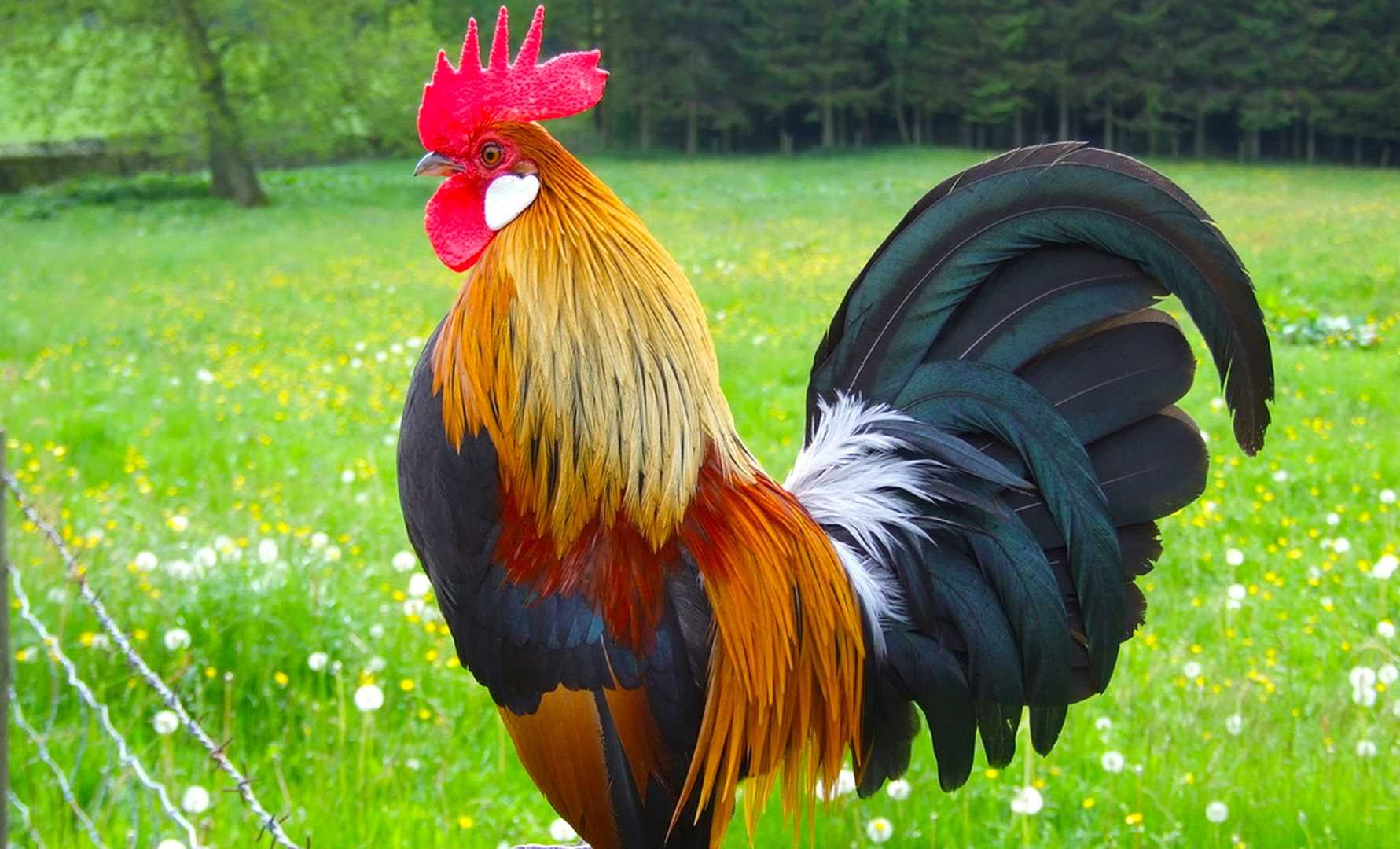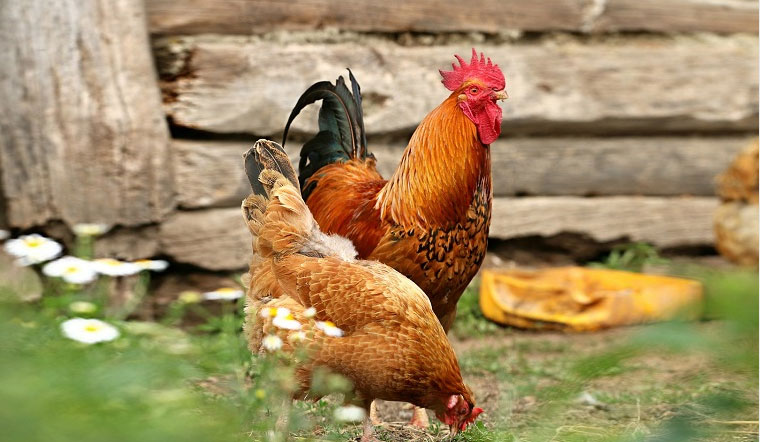Chickens are a cornerstone of sustainable agriculture, providing numerous benefits beyond their well-known role as sources of meat and eggs. These versatile birds contribute to farm productivity, soil health, pest control, and the overall ecosystem. Let’s delve into the multifaceted benefits of raising chickens in sustainable farming.
Nutrient-Rich Eggs and Meat
Chickens are primarily raised for their eggs and meat, which are staple sources of protein in many diets around the world. Eggs are rich in essential nutrients like vitamins A, D, and B12, as well as minerals such as selenium and iodine. Chicken meat is also a valuable source of lean protein, vital for muscle development and overall health.
Natural Pest Control
Chickens are natural foragers, and their diet includes a variety of insects and pests. By allowing chickens to roam freely in gardens and fields, farmers can reduce the need for chemical pesticides. Chickens help control populations of ticks, beetles, and other harmful insects, contributing to a healthier and more balanced ecosystem.
Soil Fertilization
Chicken manure is a highly effective natural fertilizer. Rich in nitrogen, phosphorus, and potassium, it can significantly enhance soil fertility and structure. When properly composted and applied to crops, chicken manure improves soil health, promotes plant growth, and increases crop yields. This reduces the dependency on synthetic fertilizers, making farming practices more sustainable and eco-friendly.

Waste Reduction
Chickens are excellent at recycling food waste. They can consume kitchen scraps and leftovers, converting them into valuable nutrients through their manure. This practice not only reduces the amount of waste sent to landfills but also contributes to the farm’s nutrient cycle, ensuring that nothing goes to waste.
Economic Benefits
Raising chickens can be economically advantageous for small-scale farmers. The initial investment in chicks and infrastructure is relatively low compared to other livestock. Chickens can be a source of steady income through the sale of eggs, meat, and even feathers. Additionally, the savings on pest control and fertilizers can further enhance the farm’s profitability.
Educational Opportunities

Keeping chickens provides valuable educational experiences for both children and adults. It offers insights into animal husbandry, biology, and environmental stewardship. Engaging with chickens can teach responsibility, empathy, and an understanding of where food comes from, fostering a deeper connection to nature and sustainable living practices.
Conclusion
Chickens play a crucial role in sustainable agriculture, offering numerous benefits that extend beyond their primary products. By providing natural pest control, enriching the soil, reducing waste, and contributing to the economy, chickens are indispensable allies in creating a more sustainable and environmentally friendly farming system. Embracing the multifaceted advantages of chickens can lead to healthier farms, more nutritious food, and a balanced ecosystem.